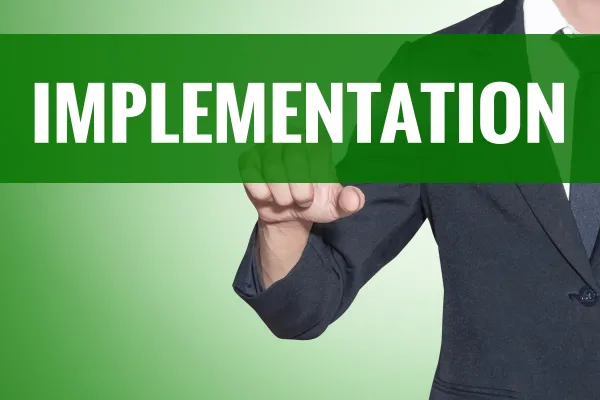Look Towards More Specific J Code For Definitive Dx of Wheezing

Question: I am new to coding. Our clinician recently came up with the diagnosis of ‘wheezing.’ I was looking through the ICD-10-CM manual and reported R06.2. But, one of my colleagues disagreed with me and is saying that I have to report J98.01 for this diagnosis while another is saying I am right. Please let me know — which of these codes is right to use? Alabama Subscriber Answer: When reporting a diagnosis of ‘wheezing,’ you have to ascertain whether your clinician intended to report a ‘wheezing associated respiratory illness (WARI)’ or just a symptom of wheezing associated with some other respiratory condition. If your clinician made a diagnosis of WARI, then the appropriate diagnosis code for the condition maybe J98.01 (Acute bronchospasm), as some physicians use WARI to describe this condition. Acute bronchospasm typically occurs in asthma or bronchitis. Technically, there is no ICD-10-CM code for WARI, and nothing in ICD-10-CM connects J98.01 with WARI, so if your clinician makes a diagnosis of WARI, you may want to consult with him or her to clarify exactly what he or she means by WARI in that instance. Doing so, may allow you to more accurately code the diagnosis made by the clinician. However, if your clinician is reporting ‘wheezing’ as a symptom caused by narrowing or stenosis of the respiratory passages, then you are right in reporting R06.2 (Wheezing). You can see such symptoms of wheezing being reported by your clinician in many different respiratory conditions including, asthma, hay fever, pleural effusion, emphysema, edema, tuberculosis, etc. So, you may report J98.01 if wheezing is a definitive diagnosis. Report R06.2 if the wheezing represents a sign or symptom that would likely be reported in the absence of a more definitive diagnosis. Note: Physicians might use the diagnosis of WARI for patients who experience wheezing but don’t meet the criteria for an asthma diagnosis.




